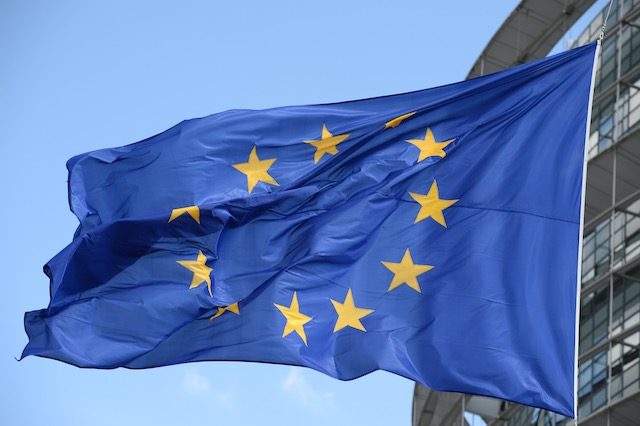SUMMARY
This is AI generated summarization, which may have errors. For context, always refer to the full article.

BRUSSELS, Belgium – EU lawmakers rejected Tuesday, October 13, a hard-won compromise which allows member states to decide for themselves whether or not to import Genetically Modified Organisms for use in food and animal feed.
The European Parliament’s environmental committee voted 47 to 3 to reject the European Commission’s proposal but did so on technical grounds, not the health and safety concerns which for years prevented the 28-nation bloc reaching a common position on GMOs.
“Members are concerned that the proposal might prove unworkable and lead to the reintroduction of border controls between pro- and anti-GMO countries,” a parliament statement said.
Such controls would mark a serious violation of the bloc’s sacrosanct single market rules which are meant to ensure a level playing field across the European Union.
“A clear majority in the committee does not want to jeopardize the internal market,” environment committee chairman Giovanni La Via said in the statement.
“For us, the existing legislation should remain in place and member states should shoulder their responsibilities and take a decision together at EU level, instead of introducing national bans,” La Via said.
GMOs are hugely controversial in the EU and the European Parliament is broadly opposed amid deep public suspicions that they carry a health risk.
Some member states however believe GMOs are an essential part of the future, especially for farming, and for the EU to bar them would leave the bloc in a scientific backwater while others press ahead with a technology needed to feed a growing population.
The Commission, the EU’s executive arm, tried for years to bridge the two positions but eventually decided to offer member states an opt-out mechanism to end the impasse.
Those that want to grow and import GMOs can do so, while those that do not, would be allowed to ban them.
The Commission said last week 19 member states had asked to keep GMOs out of their territory creating a complicated patchwork even within EU member states.
For example, the British government which strongly supports GMOs, has sought opt-outs for Scotland, Wales and Northern Ireland, leaving only England to allow GMO crop cultivation.
Similarly, Belgium opted to keep its French-speaking Wallonia region GMO-free.
So far only one GM crop is cultivated in the EU – Monsanto’s MON 810 GM maize which has been bio-engineered to protect against a harmful pest.
There are also eight pending applications for GMO cultivation, including the renewal of the MON810 authorization.
On top of that, 58 GMOs are authorized for import into the EU for food and feed uses.
After the environment committee, the European Parliament as a whole will vote on the Commission’s proposal on October 28 when it is widely expected to be rejected. – Rappler.com
Add a comment
How does this make you feel?
There are no comments yet. Add your comment to start the conversation.